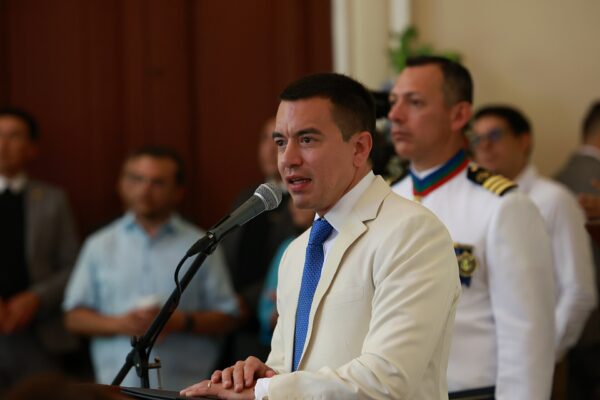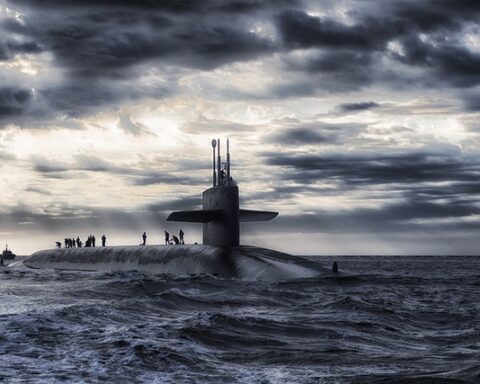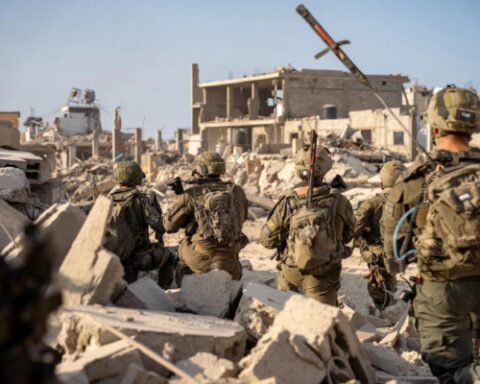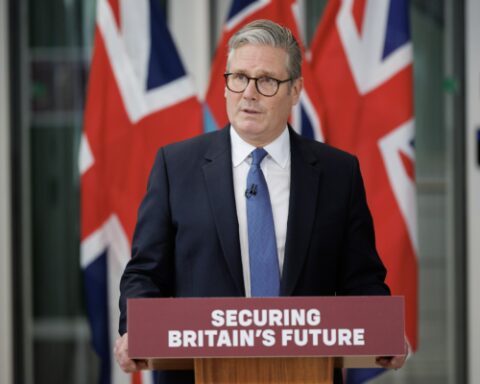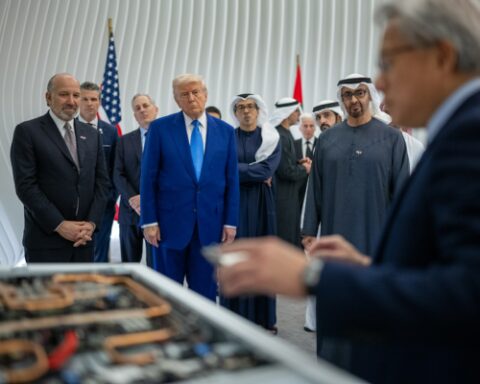In a safe house in this sweltering port city, police officers reportedly uncovered a grim symbol of foreign infiltration: a shrine to Santa Muerte, or Saint Death, the skeletal icon long associated with Mexican drug cartels.
Flanked by a statue of Jesús Malverde, the “narco saint” revered by traffickers, the shrine had become a place where hired killers lit candles and prayed before carrying out executions.
“Everything that works for them in Mexico, they’ve brought here,” said Roberto Santamaria, a police officer who helped dismantle the shrine.
The scene illustrates how Mexico’s Jalisco New Generation and Sinaloa cartels have exported their ruthless brand of organized crime to Ecuador, exploiting its location between Colombia and Peru, the world’s largest cocaine producers.
Their fight for dominance has transformed Ecuador from one of Latin America’s safest countries into one of the most violent, with five of the world’s 12 deadliest cities now located there. Durán, a city near Guayaquil, ranks No. 1 globally, according to the Igarapé Institute.
“These two cartels are spreading like cancer around the world,” warned Mike Vigil, a former international operations director at the U.S. Drug Enforcement Administration. “The ultimate goal is for one cartel or the other to take dominance over Ecuador.”
The stakes are high for President Daniel Noboa, who was re-elected in April pledging to restore order. Killings have surged by half this year, with May marking the bloodiest month on record.
Ecuador’s homicide rate is approaching 50 per 100,000 people — nearly double Mexico’s and far from the U.S.-level rates it once enjoyed.
Seeking reinforcements, Noboa has asked Washington for support, finding a willing partner in President Donald Trump, who has directed the Pentagon to explore military options against cartels labeled as terrorist groups. Noboa also wants to reopen a U.S. military base and has enlisted Erik Prince, the American security contractor who founded Blackwater, to help train Ecuador’s forces.
The cartels’ foothold here is deep-rooted. Sinaloa operatives first entered in 2003, lured by highways, a dollarized economy, and lax enforcement after Ecuador closed a U.S. air base in 2009.
Corruption quickly spread. “They realized that the weak spot in the region was Ecuador,” said Fausto Salinas, the nation’s former police chief.
Local figures like Telmo Castro, an army captain, and Édison Washington Prado, a fisherman nicknamed Ecuador’s “Pablo Escobar,” built cocaine pipelines for Mexican partners.
Ordinary fishermen, some desperate after earthquakes and poverty, were offered $30,000 per trip to ferry shipments. Many ended up in U.S. prisons or dead.
Prado aligned with the Choneros, a gang that grew into a national power, taking over prisons and decapitating rivals. Their dominance invited a bloody response from Jalisco New Generation, which forged alliances with smaller groups like the Wolves and Tiguerones.
The result has been relentless carnage — massacres in neighborhoods, assassinations in shopping malls, and even children caught in crossfire. “There was so much fear,” recalled Evandro Moreno, a resident of a gang-controlled barrio where 22 people were killed in a single attack.
For Noboa and his allies in Washington, the challenge is clear: restore law and order in a country where the battle against cartels has become not just a local crisis, but a global one.
[READ MORE: China Showcases Expanding Military Might as Putin and Kim Join Xi in Beijing]

